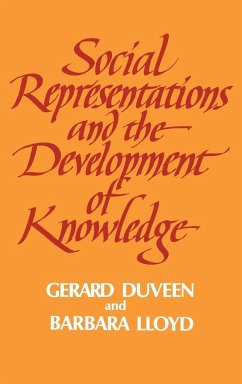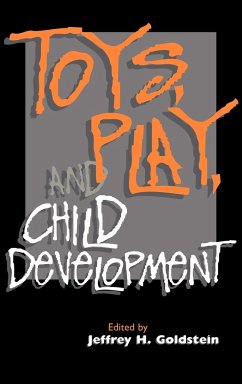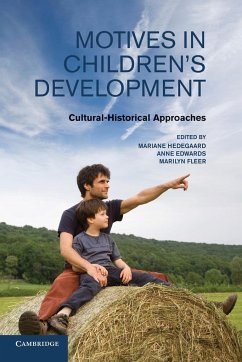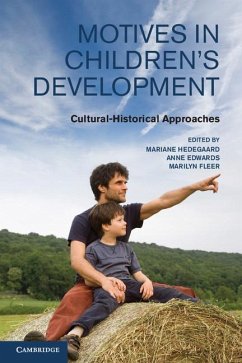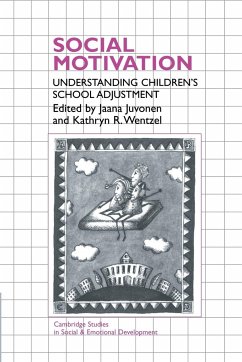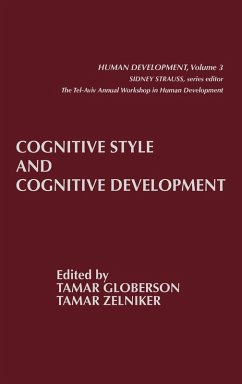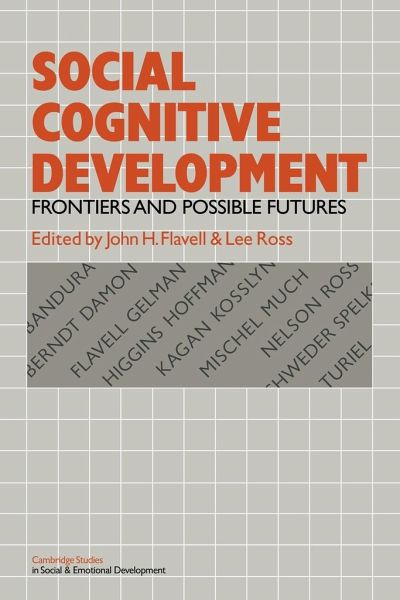
Social Cognitive Development
Versandkostenfrei!
Versandfertig in 1-2 Wochen
43,99 €
inkl. MwSt.

PAYBACK Punkte
22 °P sammeln!
Interest in the childhood evolution of our thinking and knowledge concerning the social world is lively and growing and studies have proliferated for many years. When it was first published in 1981, this book afforded a group of distinguished social scientists the opportunity to reflect on social cognitive development and on the implications their own theoretical positions and research findings might have for this central process. One of its special strengths is the range of the contributors' backgrounds. In addition to specialists, there are students of non-social cognitive development, socia...
Interest in the childhood evolution of our thinking and knowledge concerning the social world is lively and growing and studies have proliferated for many years. When it was first published in 1981, this book afforded a group of distinguished social scientists the opportunity to reflect on social cognitive development and on the implications their own theoretical positions and research findings might have for this central process. One of its special strengths is the range of the contributors' backgrounds. In addition to specialists, there are students of non-social cognitive development, social anthropology, the 'adult' (non-developmental) social, personality and cognitive psychology. Their readable essays thus offer compelling perspectives and approaches for those interested in the child's construction of social reality.





